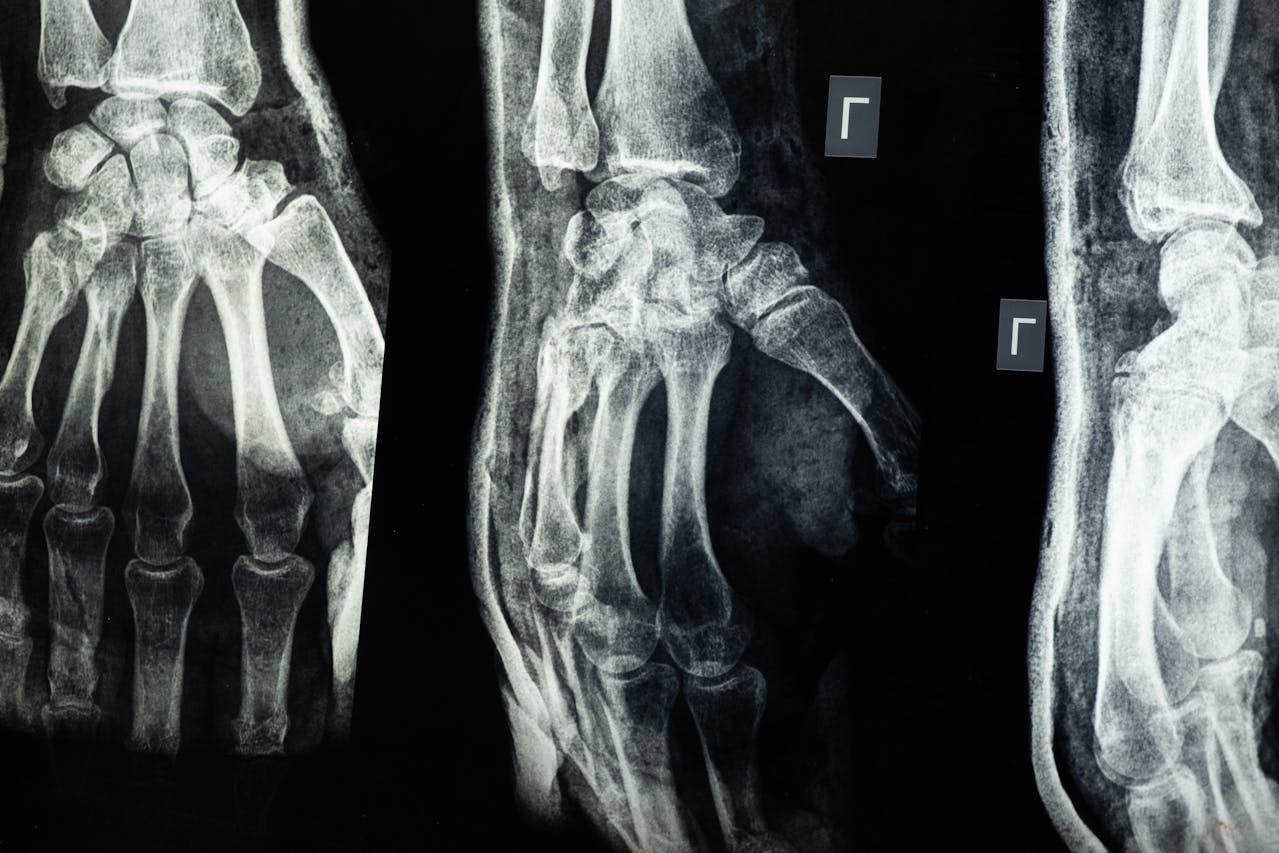Back and neck pain can be debilitating, significantly impacting your quality of life. If conservative treatments like physical therapy, medication, or spinal injections haven’t worked, you might be considering surgical options. One increasingly popular and…
Publishing standards in academic and professional arenas have become increasingly rigorous, necessitating a clear understanding of the associated policies. Comprehensive details on the ethical standards that guide the publishing landscape can be found in the Publishing Ethics Policies. These policies delineate the responsibilities of authors, reviewers, and editors to ensure integrity at every stage of the research and publication process.
The importance of adherence to these guidelines cannot be overstated. They are designed to foster a culture of transparency, accountability, and collaboration in scholarly communications. This includes the accuracy of data, the acknowledgment of contributions, and the respect of intellectual property rights. Any deviation from these ethical standards can lead to serious consequences, including retraction of published articles and damage to professional reputations.
For those looking to navigate the complexities of publishing, an organized approach is critical. The process outlined in the Publishing with Elsevier: step-by-step guide provides a structured pathway for authors. This resource enables prospective authors to understand the various stages involved in submitting a manuscript, from initial preparation to final publication. Essential aspects such as manuscript formatting, submission requirements, and peer review protocols are discussed in detail, making the process more accessible.
Research submissions must be carefully prepared to meet specific journal standards. Authors should ensure that their manuscripts are formatted according to the guidelines provided by their chosen publication. This includes aspects such as citation styles, section headings, and figure/table presentation. Incorrect formatting can lead to delays in the review process and may result in manuscript rejection.
Moreover, the peer review process serves as a cornerstone of scholarly publishing. Authors can anticipate critiques and feedback from subject matter experts who evaluate the validity, significance, and originality of the research. This external review process enhances the quality of published works and fosters continuous improvement among researchers. Understanding how to respond to peer review comments constructively is essential for authors aiming to refine their manuscripts for publication.
In addition to the submission and review process, it is vital for authors to engage with relevant ethical considerations throughout their research and writing. This includes obtaining necessary approvals for studies involving human participants or animal subjects as well as addressing potential conflicts of interest. Researchers are encouraged to disclose all funding sources and affiliations transparently to uphold the integrity of their research.
Furthermore, maintaining effective communication with publisher support teams is advisable for any clarifications or inquiries regarding submissions and publishing processes. These teams are equipped to provide assistance on technical issues and guide authors through the publication journey, ensuring that they adhere to best practices and policies.
Ultimately, the interplay of ethical standards, structured processes, and open lines of communication contributes to a robust publishing framework. By adhering to established guidelines, authors not only protect their work and reputation but also contribute to the advancement of knowledge within their respective fields. A commitment to upholding these principles benefits the entire academic community, fostering a culture of trust and reliability in published research.
As the landscape of academic publishing continues to evolve with technological advancements and shifting societal expectations, it remains paramount for all stakeholders to prioritize ethical practices. Upholding these policies helps sustain the credibility and legitimacy of scholarly publishing, ensuring that the works produced are held to the highest standards of integrity and excellence.

